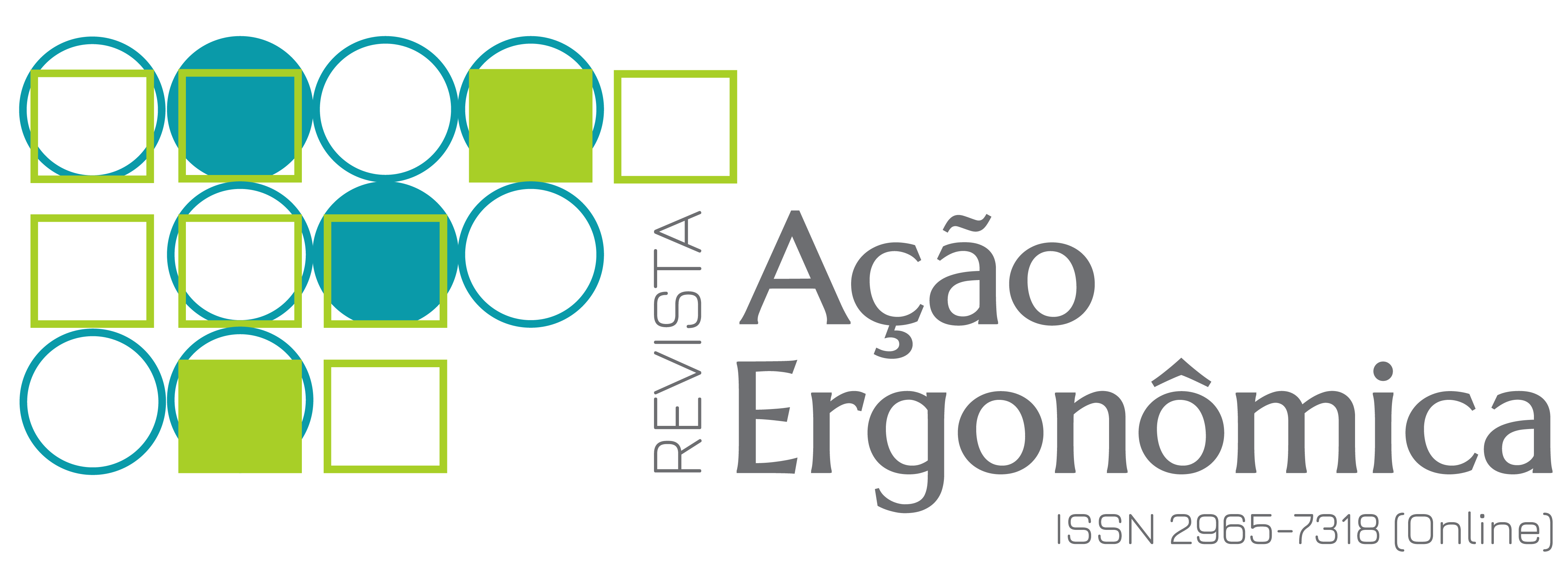ESTUDO DOS MECANISMOS TERMORREGULADORES E DE SEUS EFEITOS QUANDO CRIANÇAS E ADOLESCTES CARVOEIROS EVITAM A INGESTÃO HÍDRICA DURANTE A ATIVIDADE LABORAL
N/A
Ada Ávila Assunção, Hugo Alejandro Cano Prais, Elizabeth Costa Dias
Resumo
Este estudo é parte do projeto de investigação “Trabalho Precoce na Atividade Carvoeira em Mi- nas Gerais”, desenvolvido como parte do Programa de Apoio à Pesquisa e Formação de Recursos Humanos na Área de Saúde e Segurança no Trabalho (RH-SST 01/96), apoiado pelo CNPq, CAPES, Ministério do Trabalho e FUNDACENTRO, dentro do esforço brasileiro pela erradicação do trabalho infantil intolerável. O estudo do processo de produção de carvão, em regime artesanal e de exploração familiar, mos- trou a presença de crianças e adolescentes inseridas precocemente na produção carvoeira, ex- postos, entre outros fatores de risco, às altas temperaturas. Os efeitos para a saúde decorrentes dessa exposição são agravados pelo esforço físico exigido para a realização das tarefas, pela imaturidade dos mecanismos de proteção, como a dissipação do calor pela evaporação, prejudi- cada pela presença da poeira do carvão sobre a superfície corporal e crenças e hábitos culturais que limitam a ingestão/reposição hídrica, superpostas às más condições gerais de vida. O estudo envolveu a observação direta da atividade, a revisão da literatura especializada e entre- vistas realizadas com os trabalhadores, seus familiares, e membros da comunidade local. Ao final, são propostas algumas medidas para prevenção e controle do problema.
Abstract
This study is part of an investigation of a project "Precious work in the charcoal activity in Minas Gerais", developed as part of the Program of Research Suport to the Human resources Formation in the Health Area and Work Security (RH-SST 01/96), supported by CNPq, CAPES, Labor Minis- try and FUNDACENTRO, inside the Brazilian effort to the eradication of the childlike work. The study of the charcoal production in artisan regime and the familiar exploration, shows the chil- dren and teens presence insert precocious in the charcoal production, exposed, among other risk factors, under high temperatures. The after-effects to the health are aggraveted by the physical effort required to th realization of the tasks, by the immaturity of the protection mechanisms as the hot dissipate by the evaporation, prejudice by the presence of the charcoal dust, on the corporal surface and belife and cultural habits that limited the ingestion replacement hydric, superposed to the bad general conditions of life. The study involved the direct obesrvation of the activity, the specialized literature revision realized with workers, their parents and local community members. At the end, are proposed some deals to avoid and control of the problem.

